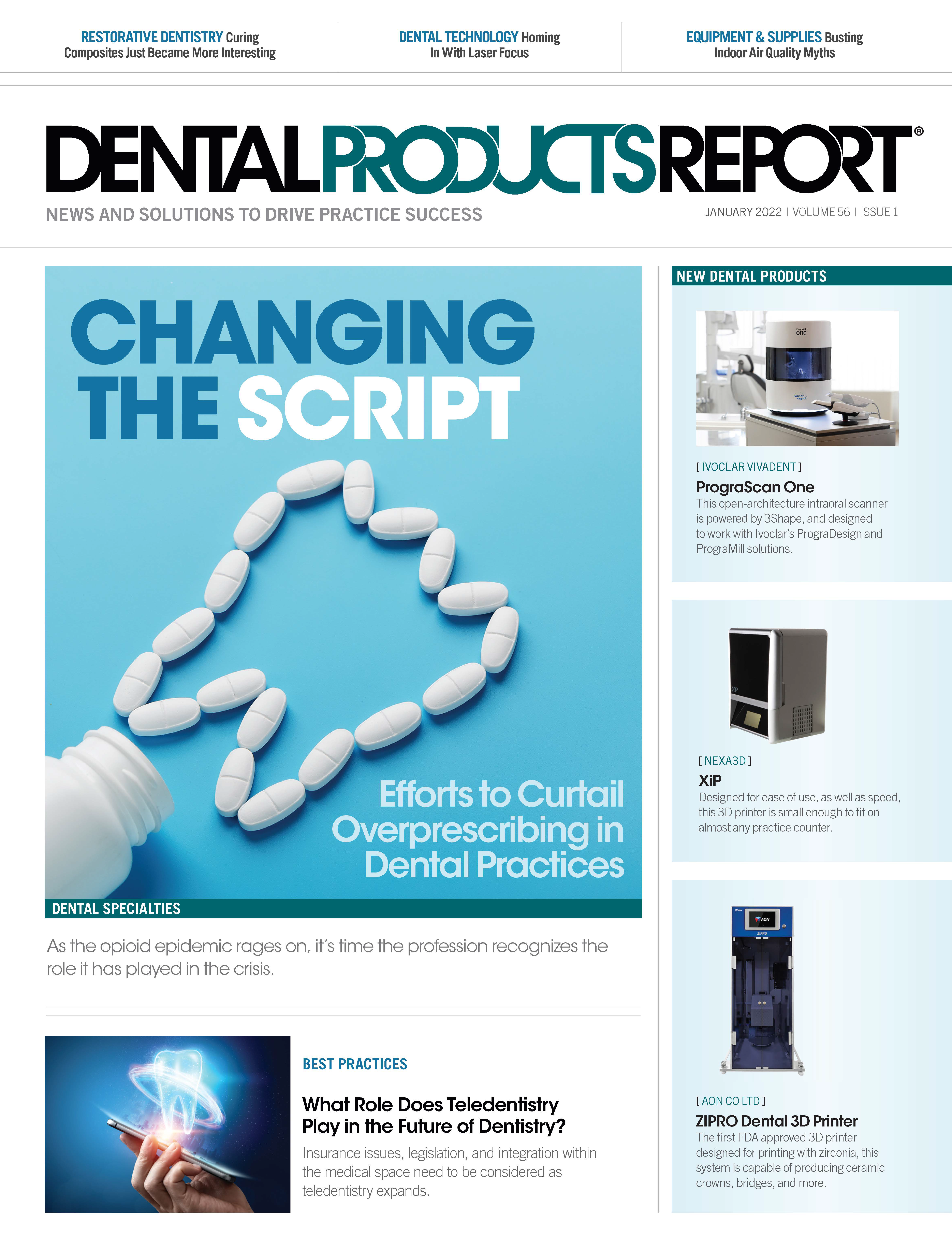The Best OTC Post-Op Analgesic Regimens
Most postoperative dental pain is acute and typically accompanied by tissue injury and/or inflammation. The drugs of choice for postoperative dental pain are acetaminophen and nonsteroidal anti-inflammatory drugs, which act by inhibiting cyclooxygenase enzymes that are responsible for the formation of prostaglandins that promote pain and inflammation.
Because opioid-based medications (Table 1) are not anti-inflammatory agents, medications such as hydrocodone, oxycodone, or codeine/tramadol are not considered the drugs of choice for treating most postoperative dental pain. Rather, these opioid analgesics should be reserved for when severe dental pain is anticipated. Whenever possible, clinicians should utilize OTC medications in a tiered approach based on the patient’s anticipated level of pain (Table 2) to provide effective nonopioid analgesic regimens.

ACTIVA BioACTIVE Bulk Flow Marks Pulpdent’s First Major Product Release in 4 Years
December 12th 2024Next-generation bulk-fill dental restorative raises the standard of care for bulk-fill procedures by providing natural remineralization support, while also overcoming current bulk-fill limitations.